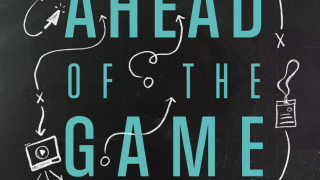The latest issue of ICView highlights the newest members of the Ithaca College administration.
Welcome to the ICView Website

Ahead of the Game at Super Bowl LVII
Two groups of IC students traveled to Phoenix, Arizona in February 2023







